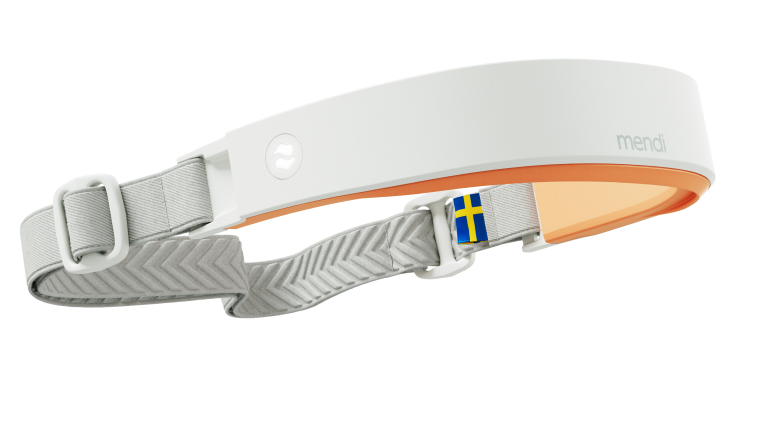Brain Health
Managing Emotional Eating: Understanding the Link Between Your Emotions and Your Eating Habits

Do you find yourself craving sugary and greasy foods when you're feeling stressed? This is what's known as "stress eating" or "emotional eating," and it's your body's way of coping with negative emotions like stress, anger, fear, boredom, sadness, and loneliness.
Emotional eating can be triggered by everyday stressors or major life events, such as relationship issues, work stress, fatigue, financial pressures, or health problems. When you're feeling overwhelmed, you may turn to impulsive or binge eating, consuming whatever food is available without really enjoying it. In fact, the link between your emotions and eating habits can be so strong that you automatically reach for food whenever you're angry or stressed.
If you engage in emotional eating as a regular coping mechanism, you may be at risk for eating disorders and other health problems, such as metabolic syndrome, obesity, and type 2 diabetes.
So, what can you do to manage your emotions in a healthier way? This is where Mendi can help.
When you're feeling stressed or anxious, the amygdala, a deep brain structure that processes emotional responses, goes into overdrive. Normally, your prefrontal cortex (PFC) can exert inhibitory control over the amygdala, keeping your emotional responses in check. However, when you're under stress, this regulatory control can be impaired, and your amygdala activity may go unrestrained, leading to extreme emotional responses to minor triggers.
Remember, emotional eating doesn’t actually solve your emotional problems. If you’re struggling with stress or negative emotions, try a better way to manage them with Mendi!
- Experience your brain, improved
- Natural & risk free training
- Can (and should) be used by everyone
Get your mendi now
Take your first step towards a healthier brain, improved focus, and mental resilience.
